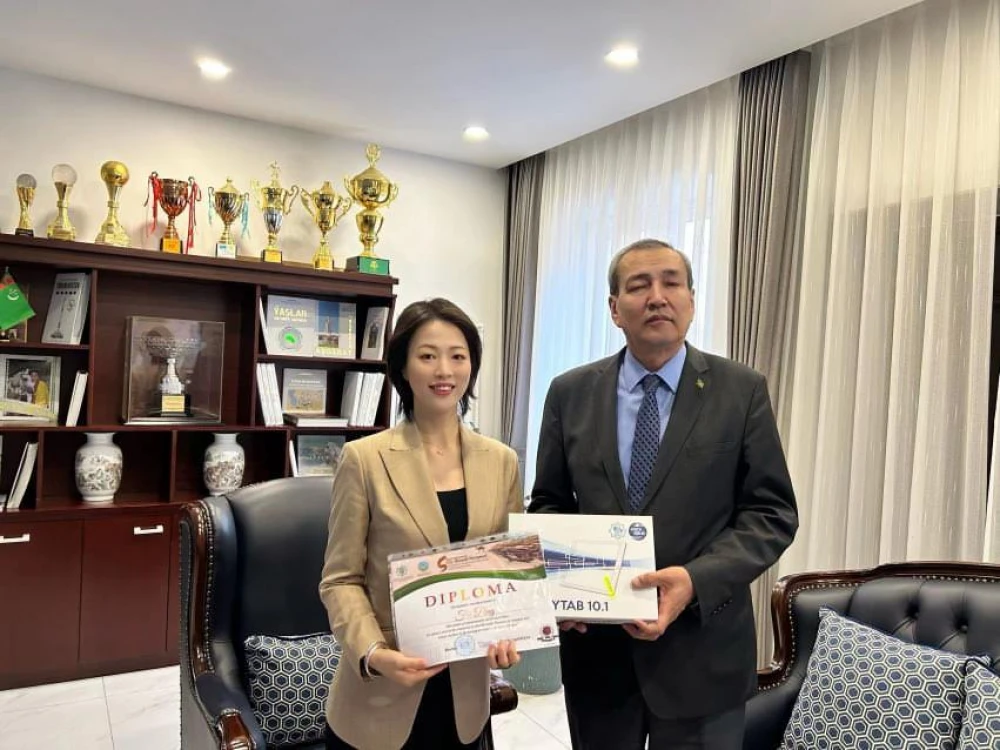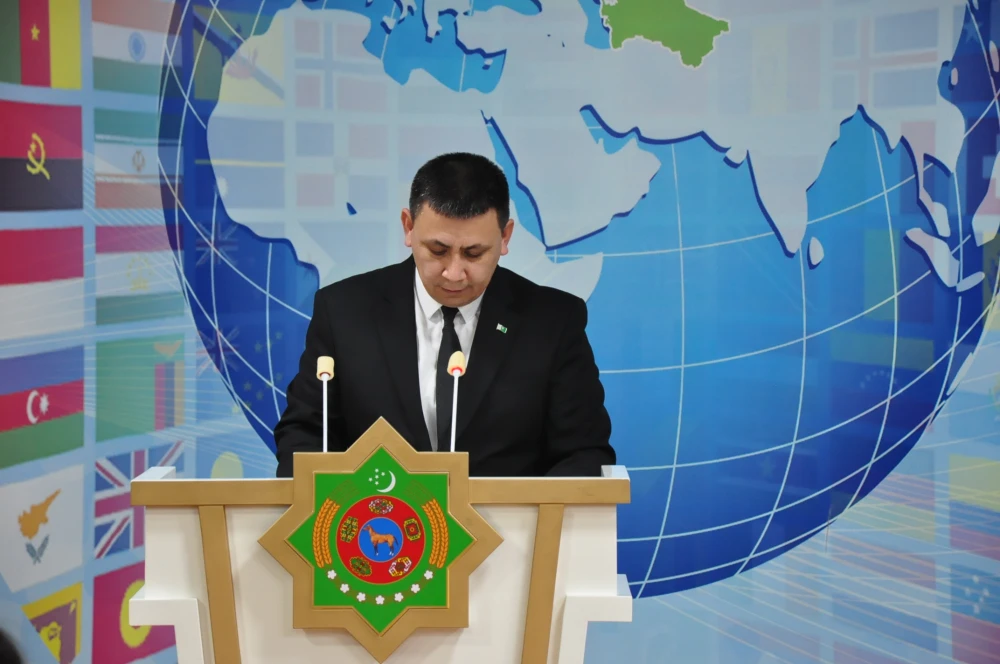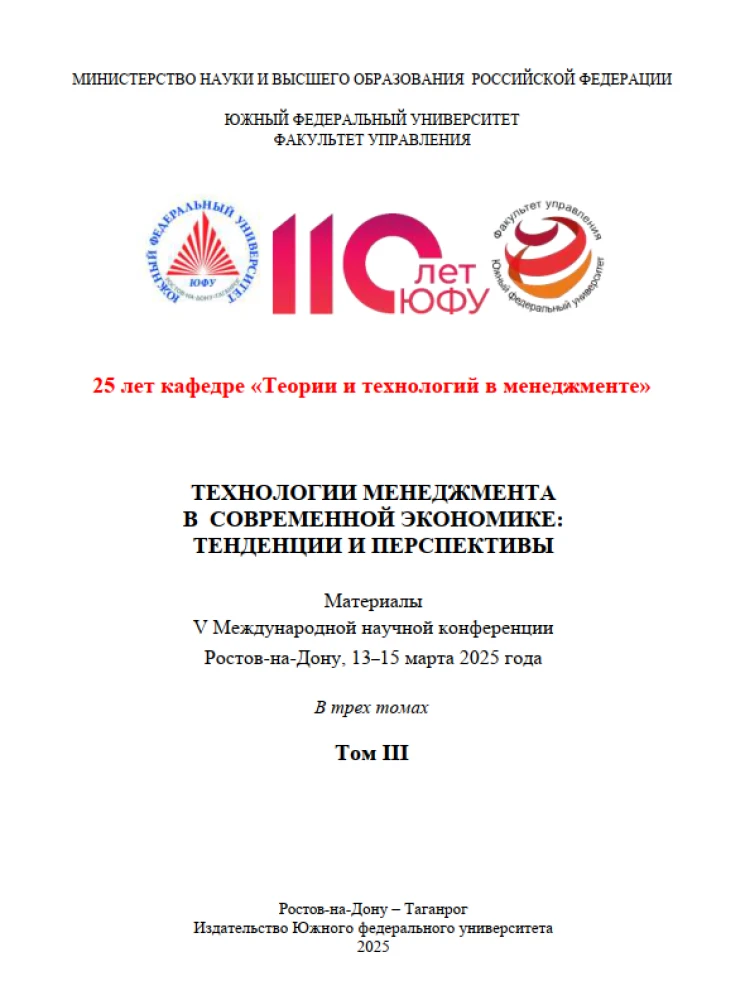
19/12/2023
1382
Navigating the Digital Age: China's Belt and Road Initiative, Misinterpretations, and the Quest for a Harmonious Global Community
This research paper delves into the intricacies of China's "Belt and Road Initiative" (BRI), inaugurated in 2013, with a specific focus on elucidating its role in global connectivity amidst the digital era. Despite its noble intentions, the BRI has encountered misinterpretations, influencing global perceptions. The overarching purpose of this research is to unravel the true essence of the initiative and dispel prevailing misconceptions. In pursuit of this, the study aims to identify and analyze common misinterpretations associated with the BRI, exploring their origins and propagation for a more nuanced understanding. Concurrently, the research investigates the impact of digital technology on international dynamics and how the BRI navigates the challenges and opportunities presented in the digital era.
The objectives of this research can be categorized into three key dimensions. Firstly, to clarify misconceptions, the study seeks to provide a comprehensive analysis of the prevalent misinterpretations surrounding the BRI, addressing their roots and exploring their influence on international perceptions. Secondly, in exploring the digital landscape, the research delves into the role of digital technology in shaping contemporary international relations, analyzing how the BRI adapts to the evolving digital paradigm. Lastly, by highlighting cyber diplomacy, the study aims to understand China's perspective on cyberspace as a crucial channel for global communication, emphasizing the BRI's advocacy for a cyber environment that values cultural sensitivity and respect.
Looking towards the future, the research anticipates several features of practical use. Firstly, it aims to contribute to an enhanced global perception of the BRI, dispelling misconceptions and fostering a more informed and objective view. Secondly, the insights garnered from this research provide a foundation for informed policymaking, guiding policymakers and leaders in their decisions regarding collaboration with China under the BRI. Lastly, the emphasis on cultural sensitivity and respect in cyberspace, as advocated by the BRI, is expected to influence future initiatives and policies, fostering cross-cultural understanding in the digital age. In conclusion, this research endeavors to offer nuanced insights into the Belt and Road Initiative, emphasizing the importance of dispelling misinterpretations and promoting cultural sensitivity. Through these efforts, the aim is to contribute to a global discourse that encourages collaboration, connectivity, and harmony in the digital era.
Turkmenistan, a key participant in the BRI, contributes a unique perspective to the global discourse on connectivity and international cooperation. Situated at the crossroads of Central Asia, Turkmenistan has emerged as a strategic partner in fostering regional and global connectivity through the Silk Road, positioning it as a crucial player in the development of transcontinental trade routes. As the two nations continue to strengthen their economic and diplomatic ties, the potential for mutually beneficial partnerships becomes increasingly evident. Looking ahead, the bilateral relationship between China and Turkmenistan hold the promise of enhanced infrastructure development, increased trade, and cultural exchanges, aligning with the BRI's overarching goals. Moreover, the shared commitment to fostering a cyber environment that values cultural sensitivity and respect provides a solid foundation for the continued growth of a harmonious global community. As Turkmenistan emerges as a vital player in the BRI, the collaborative endeavors between China and Turkmenistan set the stage for a dynamic and prosperous future.
Fei Peng,
Graduate student of the Communication University of China,
who won the 1st place in the international scientific competition
"Possibilities of transport-transit corridors in the strategy of revival of the Great Silk Road"
organized by the Institute of International Relations
of the Ministry of Foreign Affairs of Turkmenistan.


